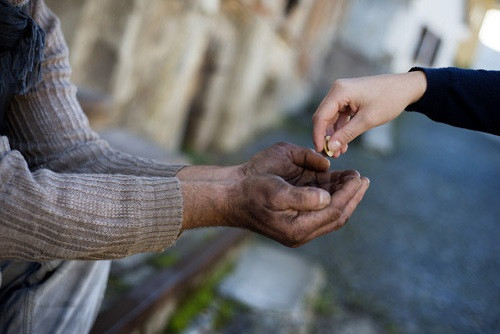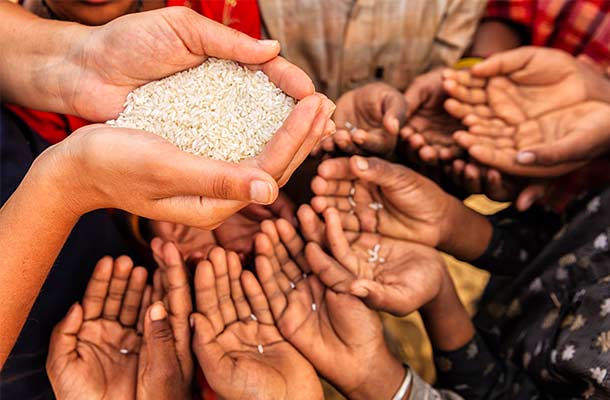Current Section: model

Lesson Zakah: Its Essence and Its Objectives
Zakah is the third pillar of the Pillars of Islam. It is a financial obligation Allah mandated upon those have more than their needs to give a specified portion to the poor and needy and other than them from those entitled to remove their suffering.

1. Verily, the love of wealth is human nature that causes the human to be keen about preserving and holding it with utmost keenness. So religious law required that zakah be fulfilled as a purification for the soul from the baseness of stinginess and withholding, and a treatment to the love of the wordly life and holding onto its contents. Allah Exalted said ﴾Take a donation from their wealth to sanctify them and purify them with﴿ [At-Taubah: 103]
2. Fulfilling zakah attains the basis of connection and affection, because the human soul was ingrained upon loving whom does good to it. By means of that, the individuals of Muslim society live loving and holding onto to each other like a bonded structure, its parts holding onto each other, and it reduces the instances of theft and seizure and running off with others property.

With zakah, the meaning of worship and unconditional humility and complete submission to Allah, Lord of the Worlds, is fulfilled. So when one who has more than his needs extracts the zakah of his wealth, they are applying the legislation of Allah, implementing his order. In extracting it is thanks to the one bestowing favor, Grand and Exalted, for that favor, and Allah rewards upon this thanks. He, Exalted, said ﴾If you give thanks, I will indeed increase you﴿ [Ibrahim: 7]

4. By fulfilling it, the concept of social security and relative stability between the different groups of society is attained, for by extracting it to its entitled people, there remains no hoarded monetary resource in the hands of limited groups of society and monopolized for them. Allah Exalted says ﴾so that it does not circulate (exclusively) between the wealthy among you﴿ [Al-Hashr: 7]

Islam specified the recipients of spending which zakah is spent on. It is permissible for a Muslim to put in one type or more from these types, or give it to charity organizations and bodies that take up its distribution to those entitled to it from the Muslims. The more fitting option is to distributed in the land the payer of zakah resides in.



